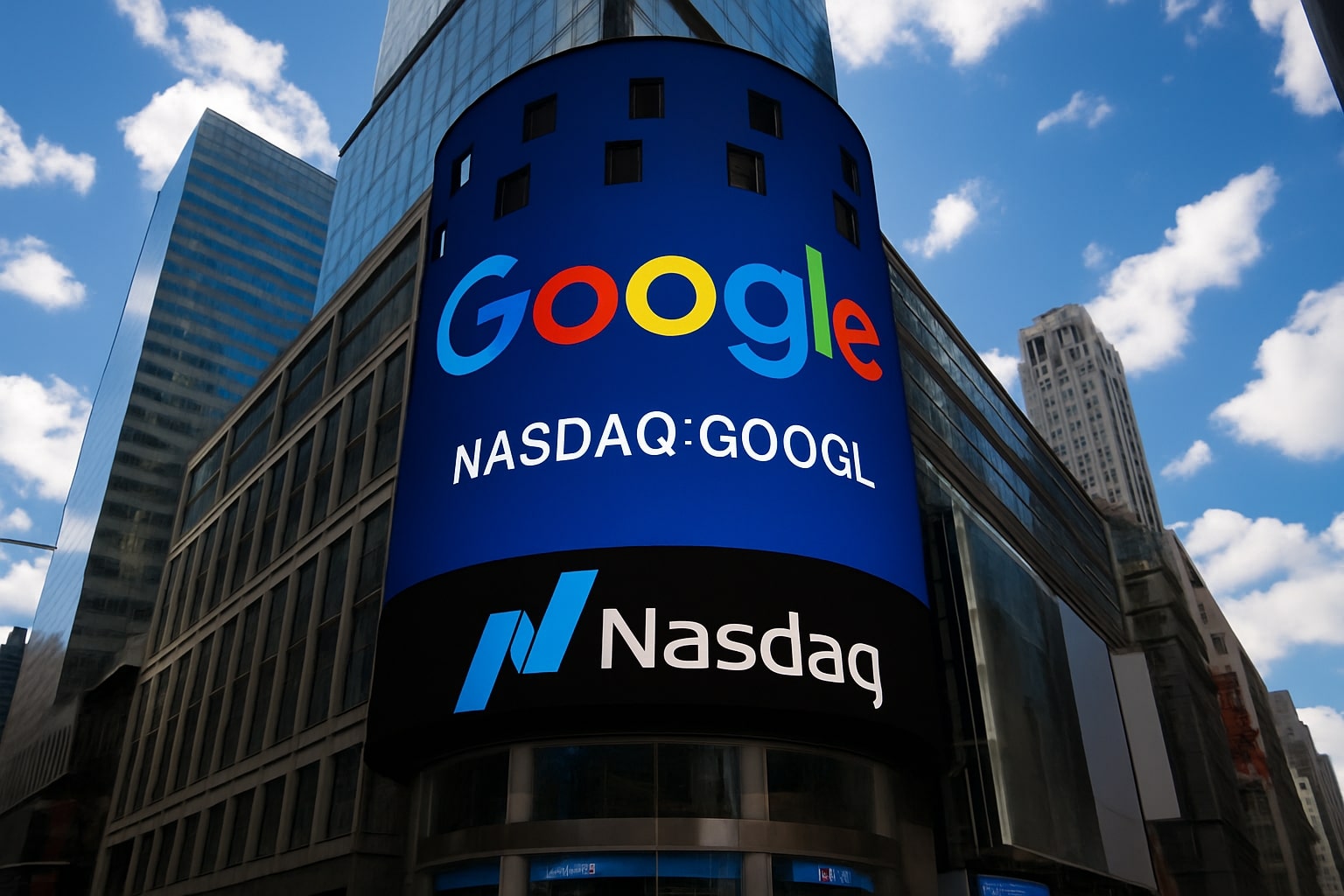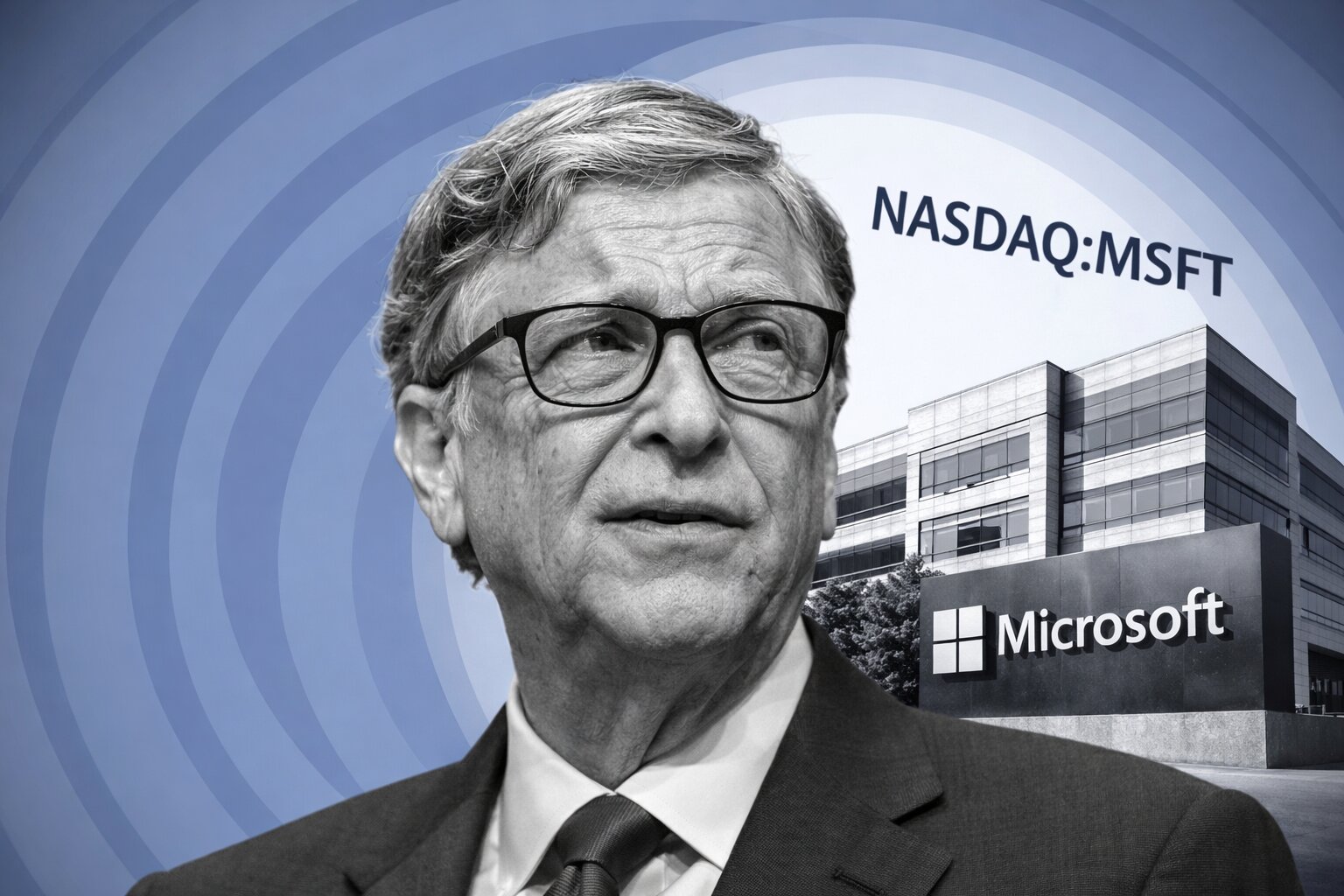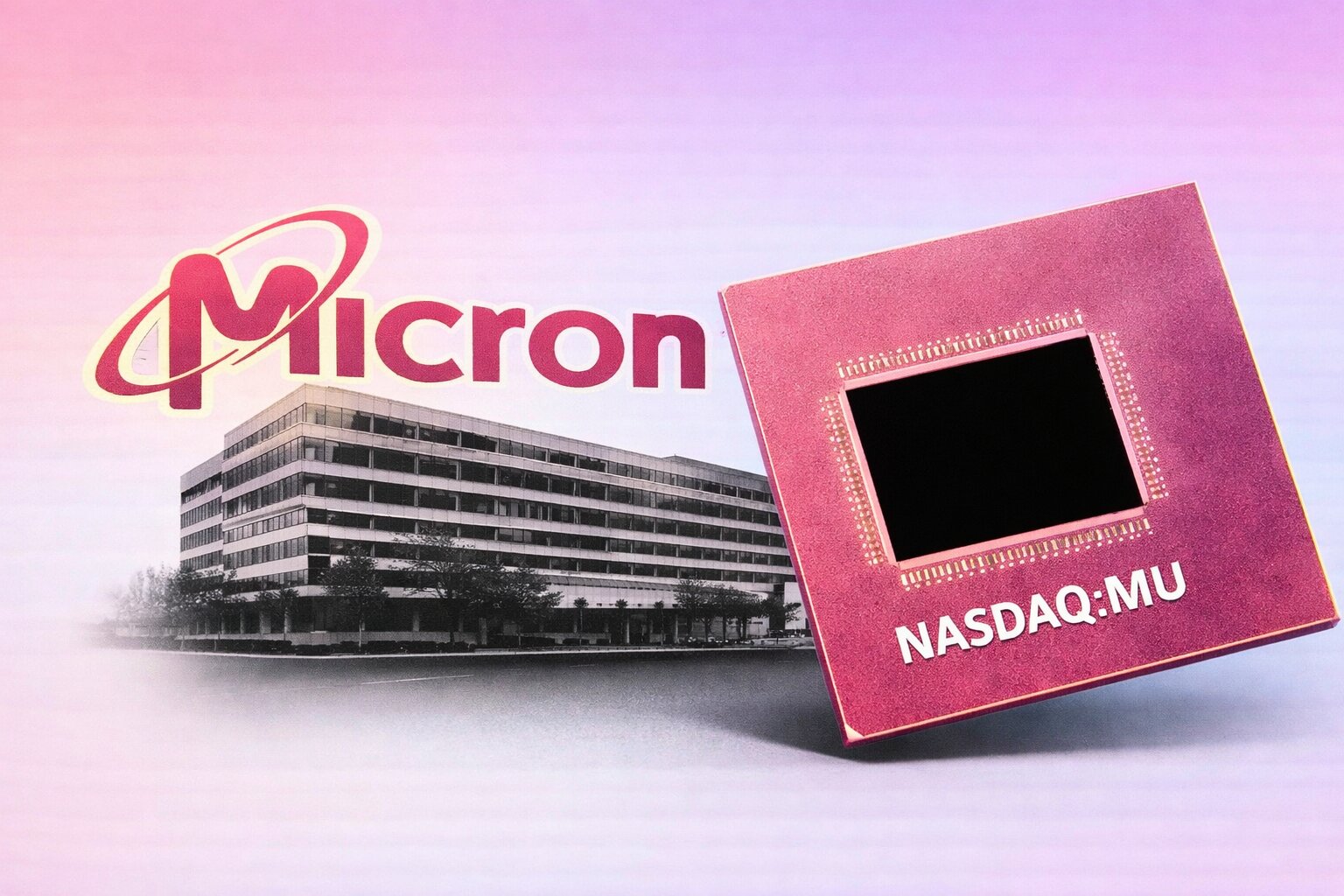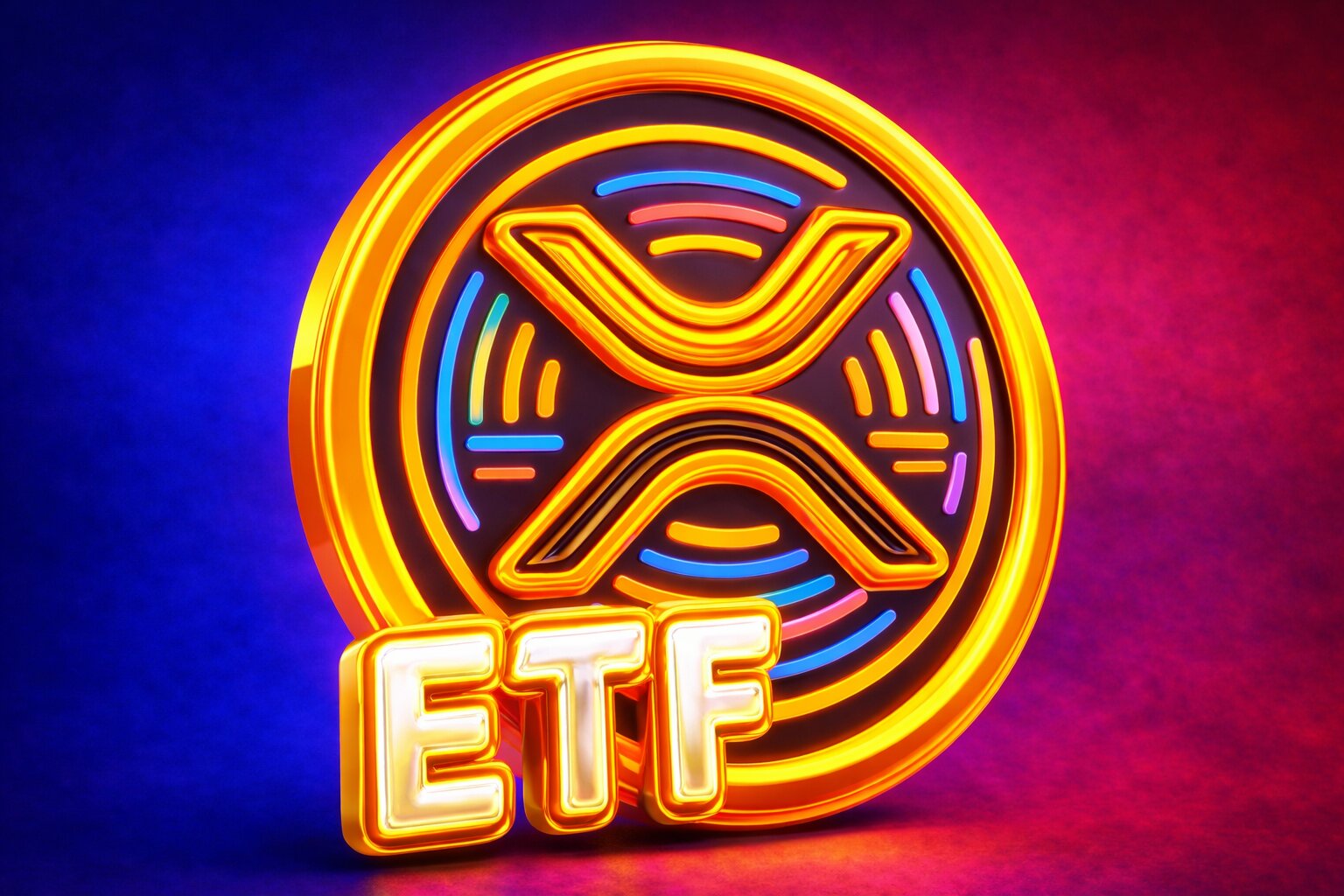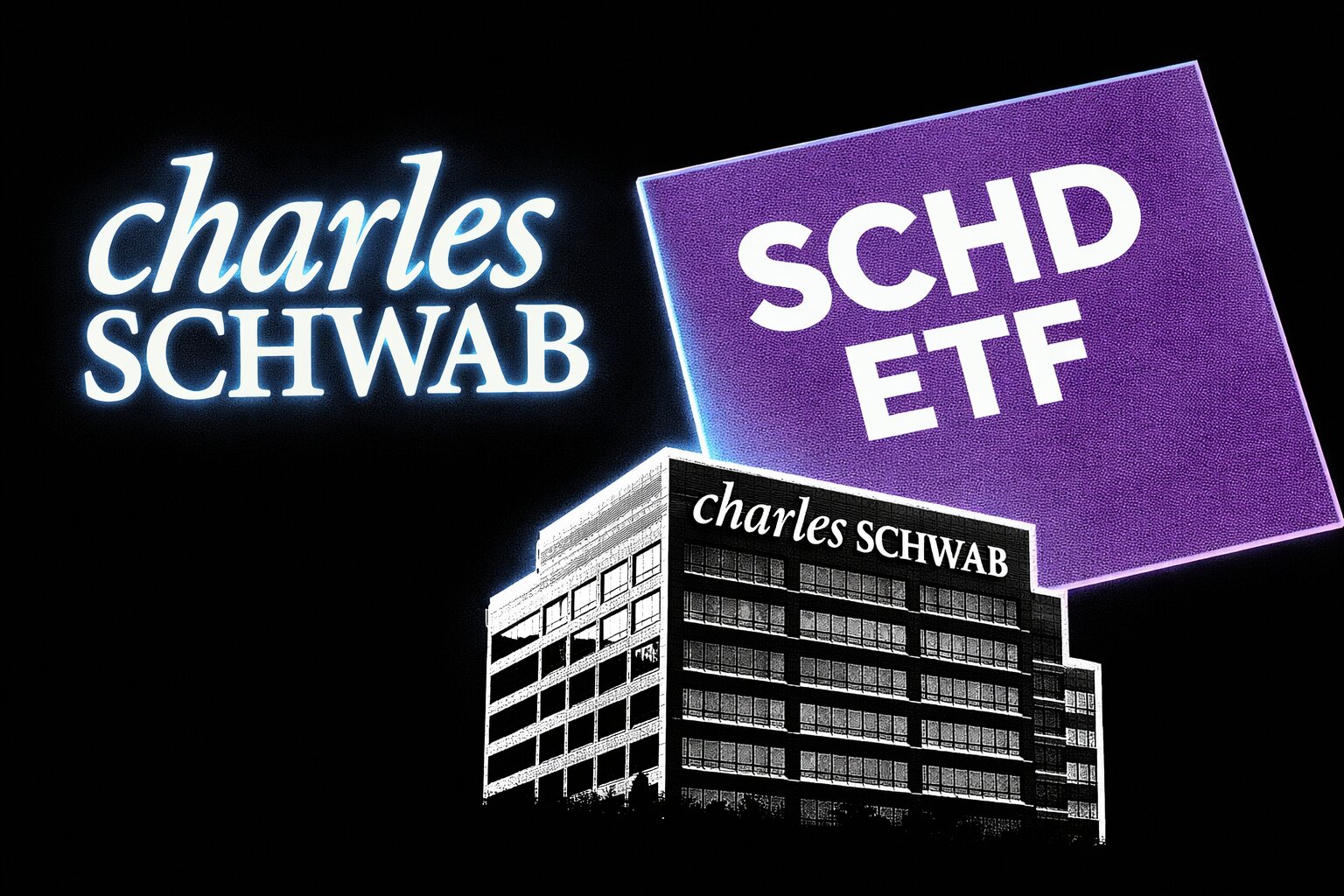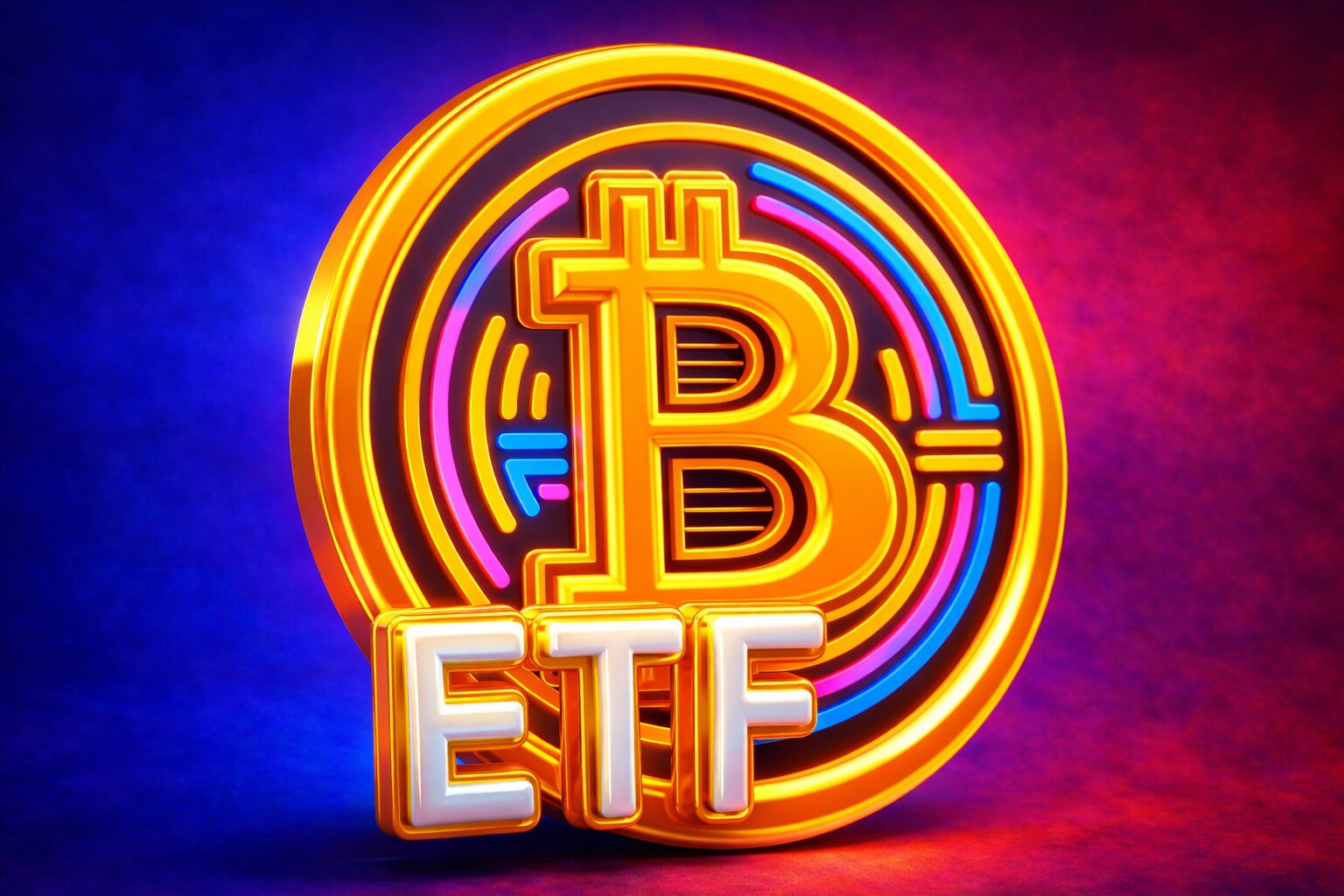Alphabet Inc. (NASDAQ:GOOGL) – Regulatory Relief, AI Tailwinds, and Strong Financial Momentum
Alphabet Inc. (NASDAQ:GOOGL) has surged to $230.49, gaining more than 8% intraday, as the stock benefits from a decisive antitrust court ruling, stronger-than-expected financials, and accelerating AI-led growth initiatives. The rally lifts Alphabet’s market capitalization to $2.78 trillion, cementing its place among the most valuable companies globally. The stock now trades near its 52-week high of $231.80, up sharply from its one-year low of $142.66, representing a 46% gain in the past year, far ahead of the S&P 500’s 16.1% performance. Investors are reassessing the valuation case for Alphabet as the regulatory clouds that once threatened its core search dominance begin to fade.
Antitrust Case Removes Breakup Threat for NASDAQ:GOOGL
The Department of Justice’s long-running case against Google culminated in a ruling that spares Alphabet from the most feared outcome: a forced divestiture of Chrome or Android. Instead, the court mandated less disruptive remedies, including limiting exclusivity clauses and requiring Alphabet to share some data with rivals. Importantly, Alphabet retains the ability to maintain lucrative distribution deals, such as its $20 billion annual payment to Apple (NASDAQ:AAPL) for default search placement. Investors welcomed the clarity, sending shares higher by nearly $19 in a single session. While Google may lose some leverage in future contracts, the ruling essentially preserves the status quo, removing one of the largest overhangs on NASDAQ:GOOGL in years.
Earnings Power and Financial Performance of NASDAQ:GOOGL
Alphabet delivered second-quarter revenue of $96.4 billion, up 13.8% year over year, with net income reaching $28.2 billion, translating into EPS of $2.31, above consensus estimates. For the trailing twelve months, revenue stood at $371.4 billion, with a net income of $115.57 billion and diluted EPS of $9.37. Profit margins remain exceptionally strong, with a 31.1% net margin and an operating margin of 32.4%, outpacing most peers. Return on equity surged to 34.8%, reflecting superior capital efficiency. Alphabet’s balance sheet is fortified with $95.15 billion in cash against only $41.67 billion in debt, leaving the company well positioned to fund both aggressive AI infrastructure investment and consistent shareholder returns. Levered free cash flow reached $49.79 billion, underpinning the sustainability of its dividend program, which currently yields 0.40% with a payout ratio of just 8.6%.
Valuation Gap Versus Peers – Why NASDAQ:GOOGL Still Trades Cheap
Despite this financial strength, Alphabet trades at a trailing P/E of 22.6 and a forward P/E of 20.1, both below peers like Microsoft (27.8) and Apple (28.8). On an EV/EBITDA basis, GOOGL sits at 15.9, significantly discounted relative to AWS-driven Amazon (17.0) and Microsoft Azure’s premium multiple north of 24. Alphabet’s PEG ratio of 1.51 signals attractive risk-adjusted growth. Analysts point to this valuation disconnect as unjustified given Alphabet’s consistent double-digit growth and dominant market share in advertising and search. Recent upgrades from J.P. Morgan (target $260) and Oppenheimer (target $270) highlight a growing consensus that multiples should re-rate higher now that regulatory risks have diminished.
AI as a Growth Engine for NASDAQ:GOOGL
Alphabet is aggressively embedding AI across its ecosystem. Google Search now integrates AI Overviews and Gemini-powered features, transforming the user experience while opening new monetization avenues for advertisers. Subscription revenue, including YouTube Premium and Google One, expanded 20% to $11.3 billion, while YouTube advertising alone generated $9.8 billion, accounting for nearly 12% of Alphabet’s total services revenue. Google Cloud continues to gain traction, posting margins of 20.7%, nearly 10 percentage points higher year over year. These businesses are increasingly viewed as under-monetized relative to their scale, suggesting room for operating leverage as adoption accelerates. Alphabet has also invested heavily in its own Tensor chips, reducing reliance on NVIDIA GPUs and improving cost efficiency in AI inference.














